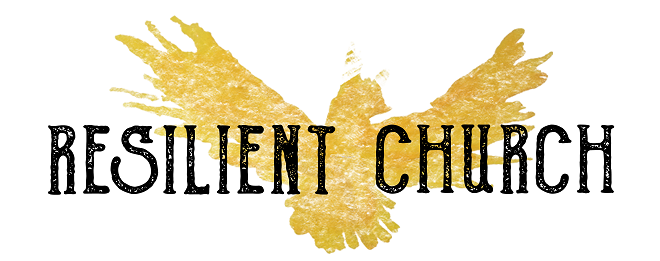 I don’t want to burst anyone’s bubble here, but I need to keep this simple.
I don’t want to burst anyone’s bubble here, but I need to keep this simple.
When the question of the day is “How should a Christian vote?” my one-word answer has become, “Prayerfully.” (That’s simple, isn’t it?)
I don’t pretend to tell people which candidate deserves their vote, or gets mine. Frankly, I don’t know at the moment. And most likely, my own uncertainty on the issue is why I’m praying.
Please understand. I don’t fault anyone, Christian or otherwise, who wishes to civilly express a political viewpoint they hold. I don’t think anyone besmirches their faith by vouching for one candidate against another. Thank God we live in a country where we can speak freely, and disagree, and still come together to do things like cheer together for our Olympic athletes every couple of years. Thank God many of us have developed a better appreciation for those who serve us in the military and in public service for our common welfare. Thank God, as Mohammed Ali once noted, that we live in a country – like few others – with hard ice cream.
Yet we also live in admittedly troubled times. How we deal with such trouble comprises the core of many heated debates, even – no, make that especially – within circles of dedicated, professing Christians. Surprised?
I grew up surrounded by adults who held pronounced political opinions. Even within my own family, those adults expressed a wild variety of political positions. They argued with each other, they talked until they found common ground, then they prodded each other again just for irritation’s sake. And every Sunday, they sat in the same sanctuary, singing from the same hymnal, listening to the same sermon, worshiping the same Jesus. During the week they read their Bibles, prayed for each other and each other’s families, and dropped everything to “be there” for each other in joy and in crisis. They kept faith even in election years.
Lord God, grant those days to Your people again.
Election years would be easier if the candidates for whom we should vote sported visible halos. They would be easier if we didn’t have to think and struggle to understand the complexities of some things and the simplicity of others. They would be easier if we all shared the same life experience that produced the same viewpoint that resulted in the same opinions. But that’s not reality, is it?
So, for many of us we’re back to the issue of taking things, even – no, make that especially – to thought and prayer. We get to sort out the obvious and the nuances in comparing candidates, ferreting out the implications of policy expressed through soundbites, and placing our political involvement under the Lordship of Christ. It isn’t an exact science. Nor, do I think, was it meant to be.
So I pray because I hope to carry the mind of Christ into the voting booth. How will my vote affect the poor? How will it affect the innocent? How will it affect my neighbors? How will it affect my sisters and brothers who also identify as the Body of Christ? How will it affect people who are strangers to me? And yes, how will it affect me?
It’s kind of curious to consider that most, if not all, of biblical teaching involving citizenship in an earthly government stems from the context of functional and actual monarchies – Caesars in New Testament history, kings and charismatic leaders in the Old Testament. This whole notion of “casting my vote” is something different, then; a type of privilege that by nature demands even greater personal responsibility in its exercise.
Prayer, then, has been a prerequisite for my vote since the beginning of my voting history. Prayer does not mean I always vote for candidates who win. Prayer does not guarantee, therefore, that I will not feel like throwing things as I watch election returns.
But I will say this: More than once, prayer has led me to vote for candidates who were not in the pocket of the powers and principalities. Prayer has kept me from becoming too jaded. Prayer has kept me on the lookout for candidates whose hearts break over the things that also break God’s heart. (They do happen along, you know.)
That’s why I would simply encourage you to vote prayerfully, and to expect that others who share your faith in Jesus Christ will not always share your political persuasion—and that, for a variety of reasons, it’s okay. But mostly, it’s like the apostle Paul wrote the early Christians to help them figure out how to put politics in perspective: that first, we are citizens of heaven who demonstrate such by showing up for God and our neighbors, and each other.
Everything else, differences and all, follows.
–Steve Wamberg
